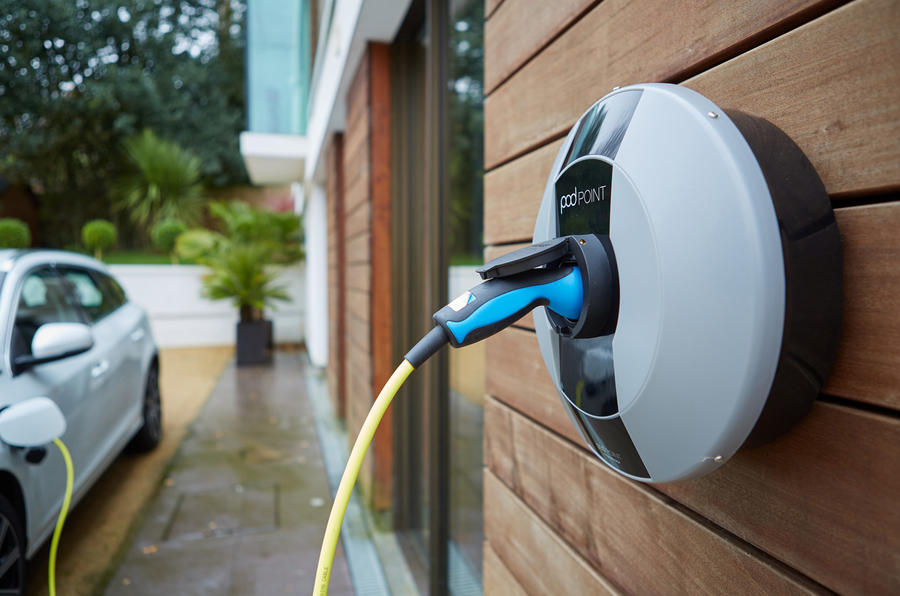Sub-Saharan African nations, including Nigeria are grappling with a substantial disruption in internet connectivity stemming from damage to undersea cables near Abidjan. MainOne says it is working to restore full services. Here are FAQs on the issue.
RELATED: We are working to restore all services – MainOne
- What is the cause of the network outage?
On Thursday, March 14, 2024, at 7:43 GMT, we experienced a fault on the MainOne network. Preliminary findings and further investigations revealed that the fault occurred due to an external incident that resulted in a cut on our submarine cable system, in the Atlantic Ocean offshore Cote D’Ivoire, along the coast of West Africa.
- How long will this outage last? And when do you expect repairs to be completed?
We have a maintenance agreement with Atlantic Cable Maintenance and Repair Agreement (ACMA) to provide repair services for the submarine cable. First identify and assign a vessel, the vessel has to retrieve the necessary spares required for repair, and then sail to the fault location to conduct the repair work. Next, in order to complete the repair, the affected section of the submarine cable will have to be pulled from the seabed onto the ship where it will be spliced by skilled technicians. Post repair, joints will be inspected and tested for any defects and then the submarine cable is lowered back to the seabed and guided to a good position. This process might take 1-2 weeks for repairs while about 2-3 weeks of transit time may be required for the vessel to pick up the spares and travel from Europe to West Africa once the vessel is mobilised.
- What could have caused the outage in the sea?
Most submarine cable faults occur as a result of human activities such as fishing and anchoring in shallow waters near shore, natural hazards such as earthquakes, landslides, and then equipment failure. Given the distance from land, and the cable depth of about 3 kms at the point of fault, any kind of human activity – ship anchors, fishing, drilling etc has been immediately ruled out. Our preliminary analysis would suggest some form of seismic activity on the seabed resulted in a break to the cable, but we will obtain more data when the cable is retrieved during the repair exercise.
- Is it likely that this cable cut was intentional?
Not likely given the location and cable depth, and as indicated above, we have strong indications on probable cause.
- Which specific sea vessels are being allocated to repair the damage, and can you provide details on this?
We are working with Atlantic Cable Maintenance and Repair Agreement (ACMA) who will deploy the vessel and are unable to provide more information at this time.
- What does this mean to our customers?
International services on our cable south of the landing in Senegal have been disrupted. This has resulted in the outage of internet services for majority of our customers. We recognize the impact of the outage and are working tirelessly to make available restoration capacity for temporary relief, where feasible. While we do have some pre-configured restoration capacity on other cable systems, unfortunately those cable systems are also down currently. We have since acquired capacity on available cable systems, but we have not found readily available capacity to fully restore services to all our customers.
- MainOne has declared a Force Majeure; does this mean we will not pay service outage penalties?
A Force Majeure event describes an activity beyond our reasonable control e.g. riots, earthquakes etc. Commercial contracts typically include such a clause which enables service providers to suspend contractual obligations for the duration of such disruptions. Nonetheless, we are working to provide restoration services to as many of our customers as possible, and to complete the repairs to the cable system in record time.
- How come MainOne is quick to declare a Force Majeure?
MainOne declared a force majeure event subsequent to testing of the cable system and when we had enough technical data from the preliminary assessment to indicate some underwater activity was the likely cause. We believe it is important to inform our customers of the fault details given the magnitude of the situation in order to set expectations and make contingency arrangements while the repairs are ongoing.
- How come MainOne did not have sufficient redundancy plan in place to mitigate service disruption?
MainOne has some restoration agreements with other operators but unfortunately those cable systems are also impacted by outages at this time. We believe our submarine cable carries a significant portion of the international traffic into West Africa and provides services to multiple countries hence the magnitude of the impact.
- What is happening now?
We are actively restoring services to the extent possible and are mobilising a vessel for repair and will update once we have more details.
- How better can we protect our submarine cable, so this outage does not happen again?
The MainOne cable is very well protected as can be seen from the number of incidences on our cable system since inception in 2010. We have taken a lead in West Africa in championing the International Cable Protection Committee (ICPC), and organizing submarine cable owners associations in Nigeria and Ghana, which promote awareness of the strategic benefits of submarine cables and proactive regulations and measures to minimize submarine cable damage.
We are very optimistic that our cable will be repaired as planned and services fully restored so that we can continue to operate with continued integrity of the submarine cable.

































